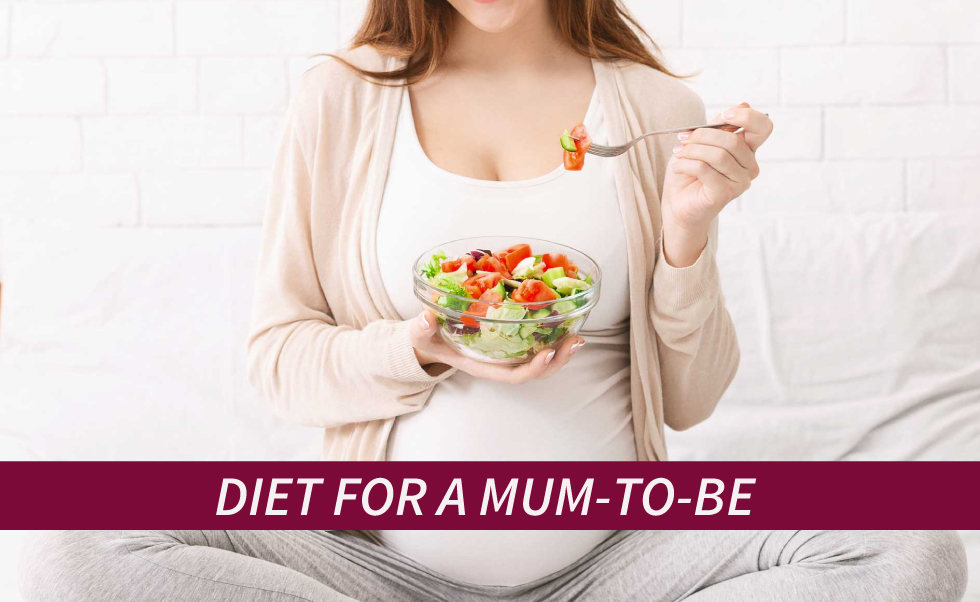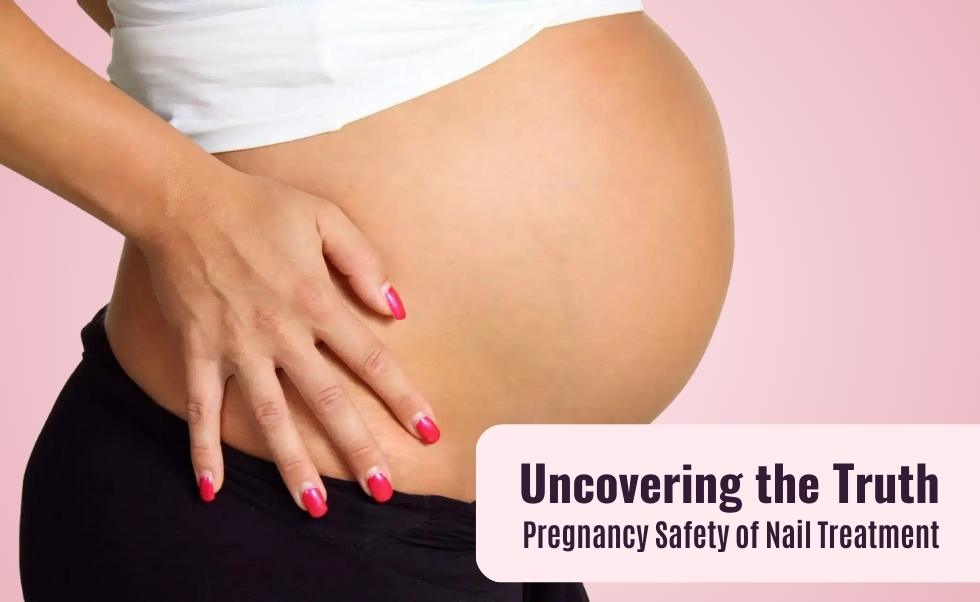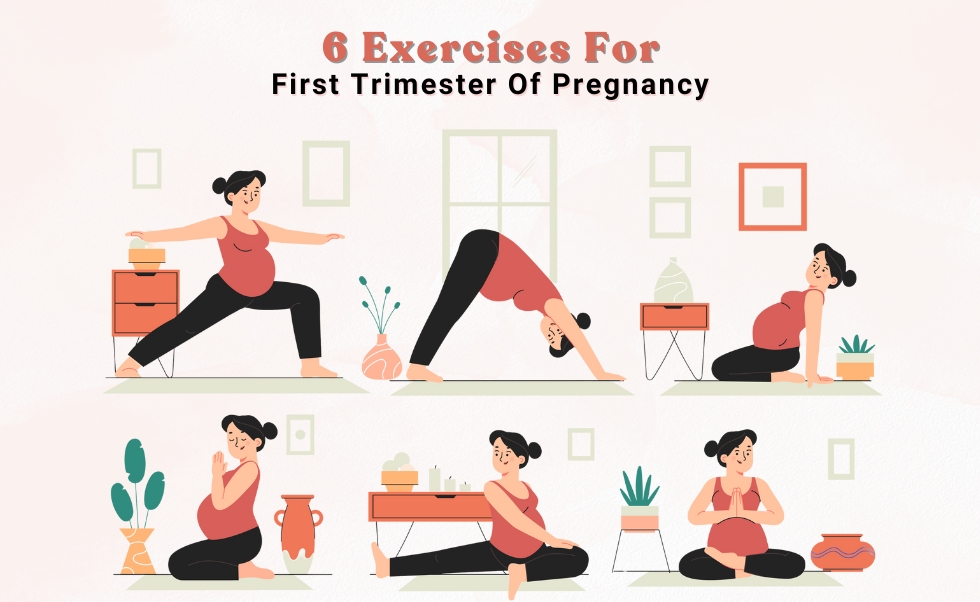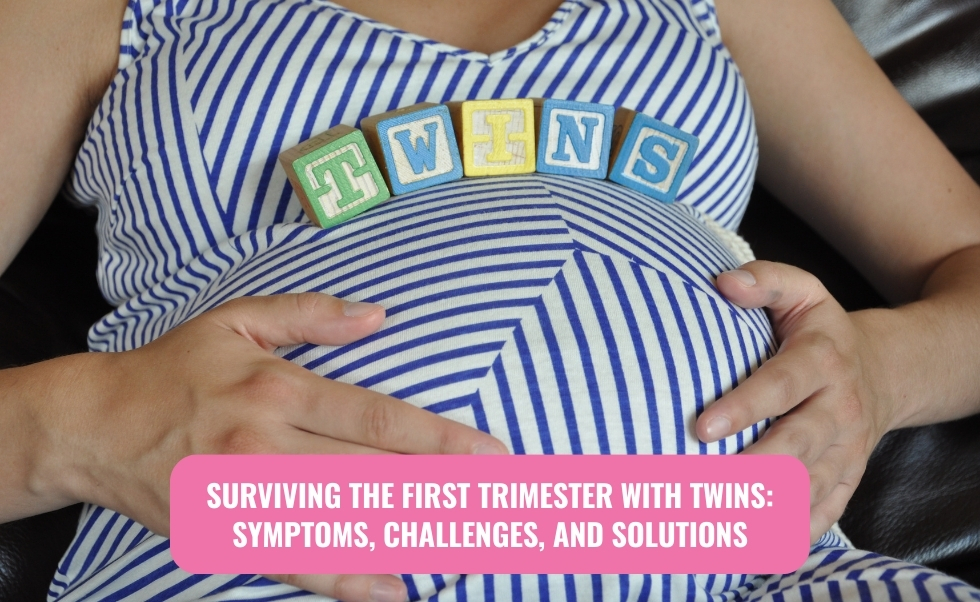Conception is a significant milestone in a woman’s life, and ensuring optimal health through diet plays a crucial role in preparing for pregnancy. For Indian women trying to conceive, adopting a healthy and balanced diet can enhance fertility and improve overall well-being. We will discuss what constitutes a healthy diet, the importance of vitamin supplements, weight management, and other dietary considerations for women trying to conceive.
What is a Healthy Diet When Trying to Conceive?
A healthy diet for when trying to conceive should include a variety of nutrients to support reproductive health. Here’s a breakdown of key components:
- Whole Grains: Whole grains like brown rice, whole wheat, oats, and quinoa are excellent sources of complex carbohydrates, fiber, and essential vitamins. They provide sustained energy and help maintain stable blood sugar levels, which is important for hormonal balance.
- Protein: Incorporate both plant-based and animal-based protein sources. Lentils, chickpeas, beans, nuts, seeds, dairy products, eggs, fish, and lean meats provide essential amino acids for cell repair and producing hormones.
- Fruits and Vegetables: Aim to include a variety of colorful fruits and vegetables in your diet. They are rich in vitamins, minerals, antioxidants, and fiber. Leafy greens like spinach and fenugreek and fruits like oranges, berries, and guava are particularly beneficial.
- Healthy Fats: Healthy fats are vital for hormone production and overall health. Sources include avocados, nuts, seeds, olive oil, and fatty fish such as salmon. Omega-3 fatty acids in flaxseeds and walnuts are especially important for reproductive health.
- Dairy Products: Dairy products like milk, yogurt, and cheese provide calcium, vitamin D, and protein, which are essential for bone health and hormone function.
- Hydration: Stay well-hydrated by drinking plenty of water. Adequate hydration supports overall health and can improve cervical mucus quality, aiding sperm transport.
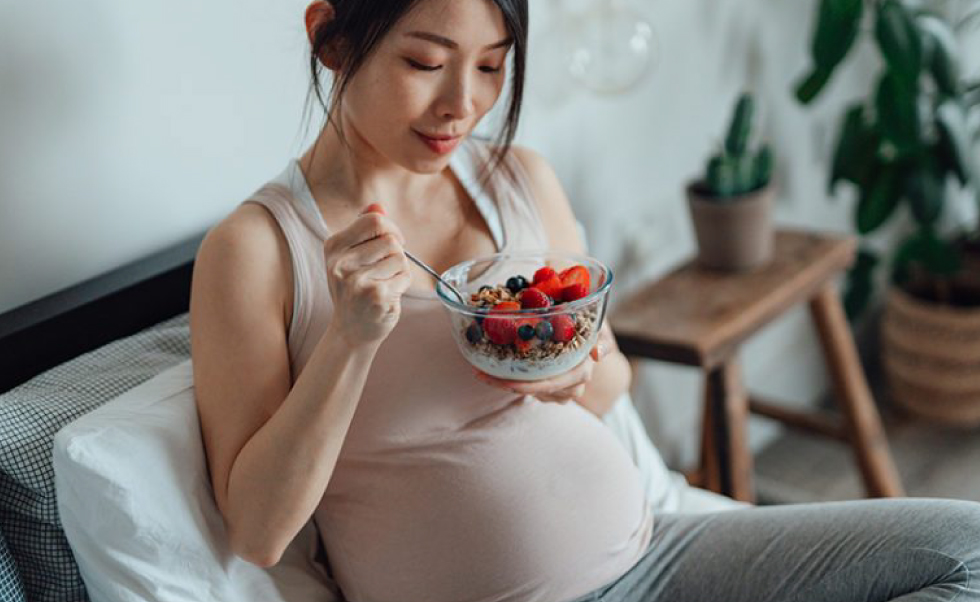
Do I Need a Vitamin Supplement?
While a balanced diet provides the most essential nutrients, certain vitamins and minerals are particularly important when trying to conceive, and supplements can help ensure adequate intake.
- Folic Acid: Folic acid prevents neural tube defects in the developing fetus. Pregnant women should take a daily supplement of 400-800 micrograms of folic acid.
- Iron: Iron supports the increased blood volume during pregnancy and helps prevent anemia. While iron-rich foods like spinach, lentils, and red meat are important, a supplement may be necessary if you are iron deficient.
- Vitamin D: Vitamin D supports bone health and immune function. It can be obtained from sunlight, fortified foods, and supplements. A daily intake of 600-800 IU is recommended.
- Omega-3 Fatty Acids: Omega-3 supplements like fish oil can support reproductive health and fetal development. Consult your healthcare provider for the appropriate dosage.
What About My Weight?
Maintaining a healthy weight is crucial for fertility. Both underweight and overweight women may face challenges in conceiving.
- Healthy BMI: A Body Mass Index (BMI) between 18.5 and 24.9 is considered healthy. Being underweight (BMI below 18.5) can disrupt menstrual cycles, while being overweight (BMI above 25) can affect hormone levels and ovulation.
- Balanced Diet and Exercise: To achieve and maintain a healthy weight, focus on a balanced diet and regular physical activity. Incorporate moderate exercise like walking, yoga, or swimming to enhance overall fitness.
- Professional Guidance: Consult a healthcare provider or a nutritionist for personalized advice on achieving a healthy weight. They can help create a tailored plan for your lifestyle and fertility goals.
Is There Anything Else I Need to Be Careful About Eating or Drinking?
Certain foods and beverages can negatively impact fertility and overall health. Here are some things to avoid or limit:
- Caffeine: High caffeine intake may affect fertility. Limit your consumption to 200-300 mg daily (about 1-2 cups of coffee).
- Alcohol: Alcohol can harm fertility and pregnancy. It is best to avoid alcohol entirely when trying to conceive.
- Processed Foods: Processed and junk foods are often high in unhealthy fats, sugars, and additives. These can lead to weight gain and hormonal imbalances. Opt for whole, unprocessed foods instead.
- Sugar and Artificial Sweeteners: Excessive sugar and artificial sweeteners can affect insulin levels and hormonal balance. Minimize their intake and choose natural sweeteners like honey or jaggery in moderation.
- Raw or Undercooked Foods: To reduce the risk of foodborne illnesses, avoid raw or undercooked eggs, meat, and seafood. Ensure all foods are cooked thoroughly.
- High-Mercury Fish: Certain fish, like swordfish, sharks, and king mackerel, contain high levels of mercury, which can affect fetal development. Opt for low-mercury fish like salmon and sardines.
A well-balanced diet, appropriate supplementation, healthy weight management, and mindful eating habits are vital in enhancing fertility for Indian women trying to conceive. By focusing on these areas, you can create an optimal environment for conception and support a healthy pregnancy. Always consult a healthcare provider for personalized advice and recommendations tailored to your needs and circumstances.

